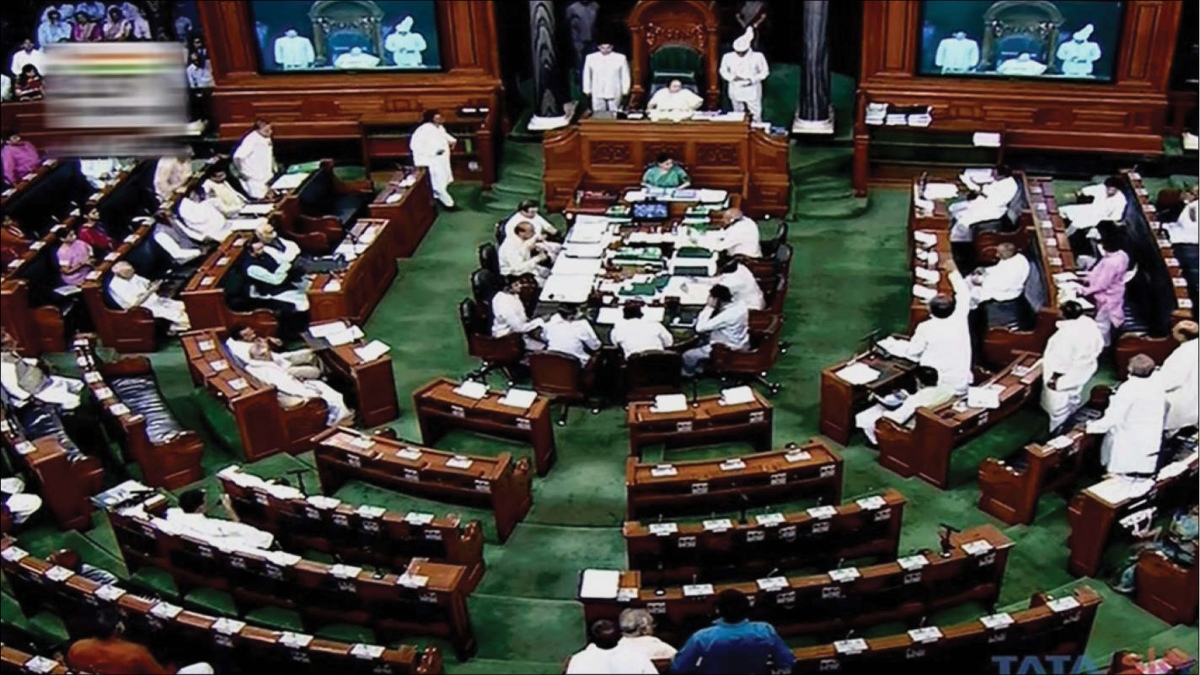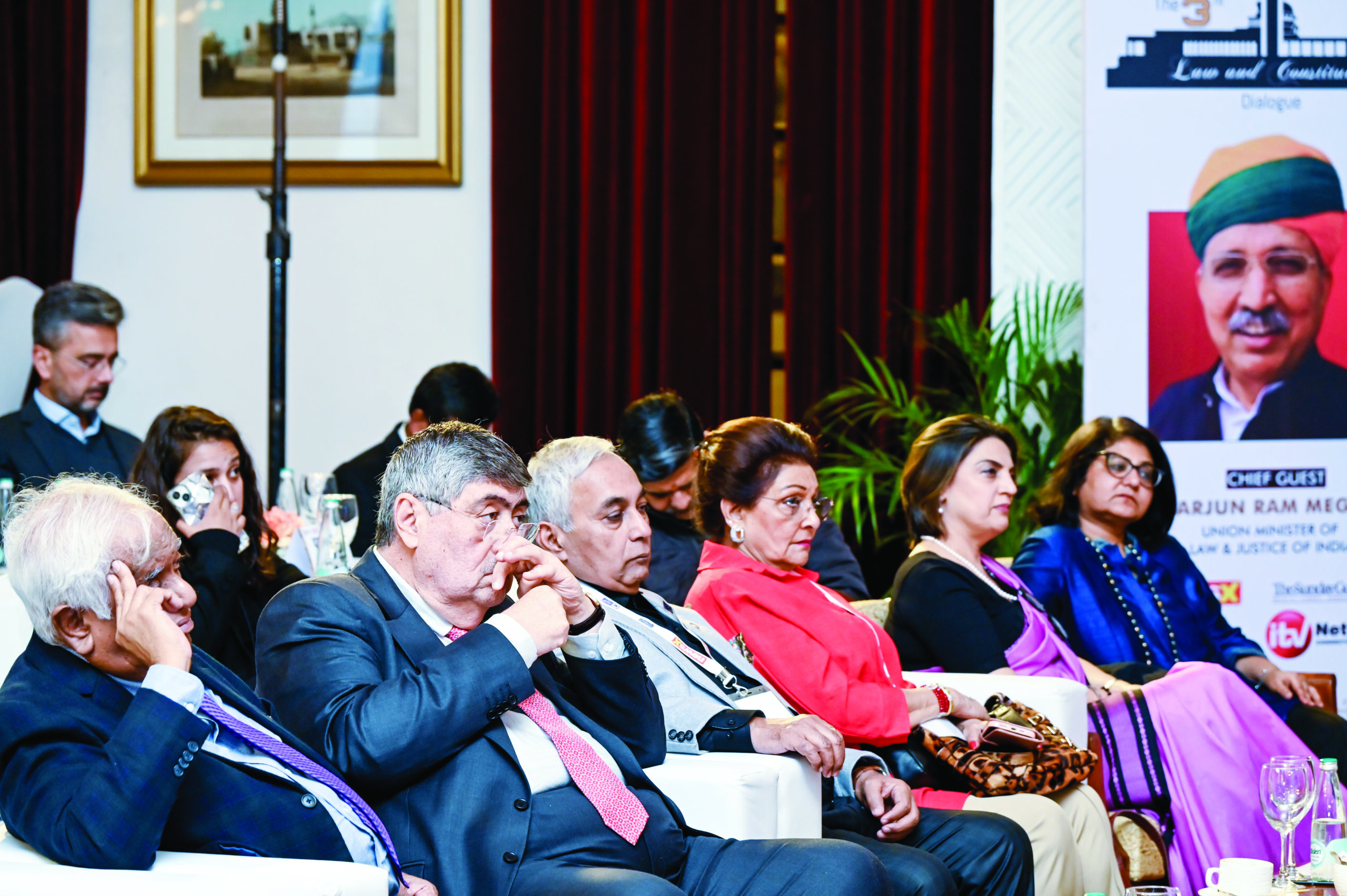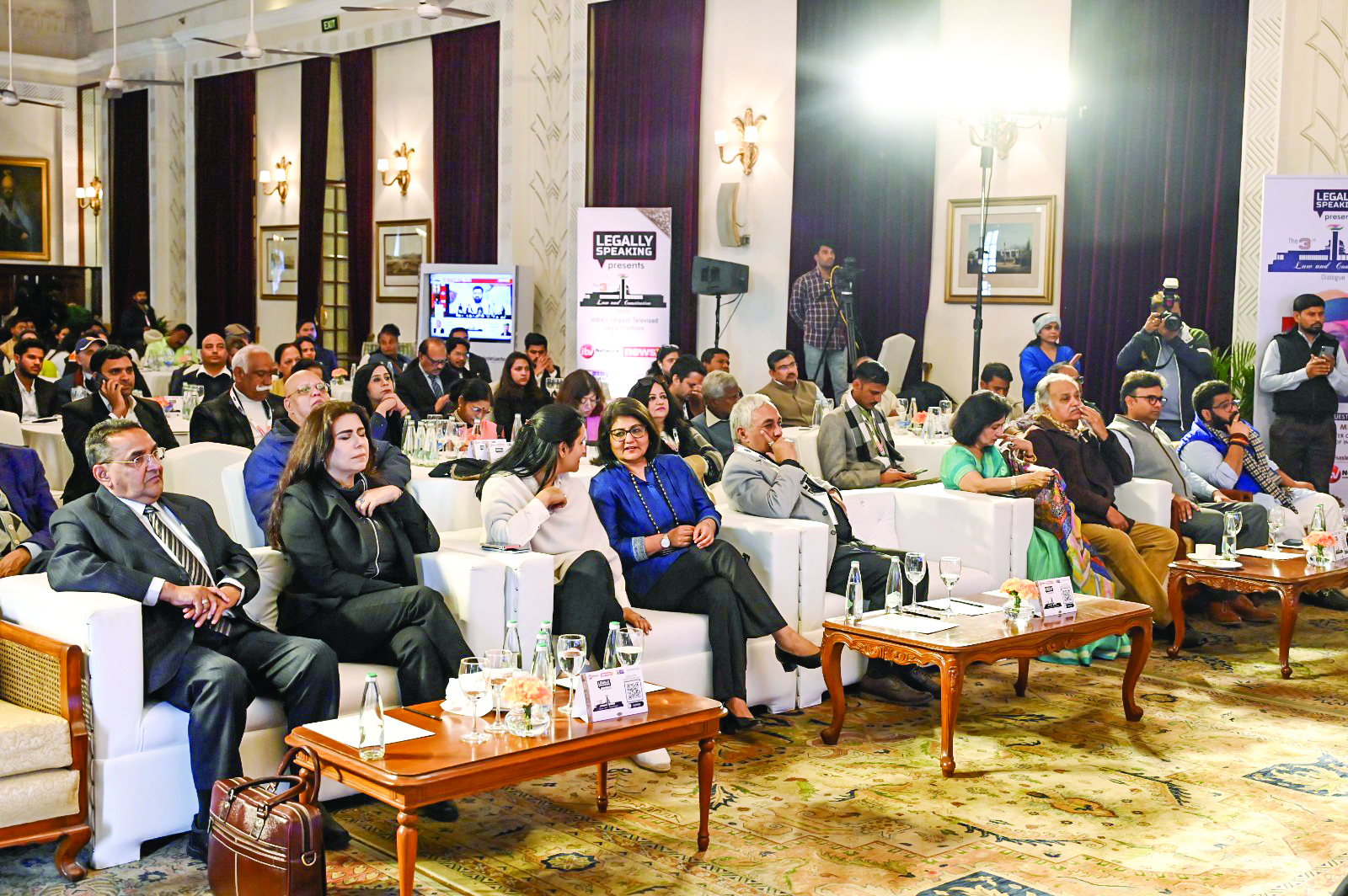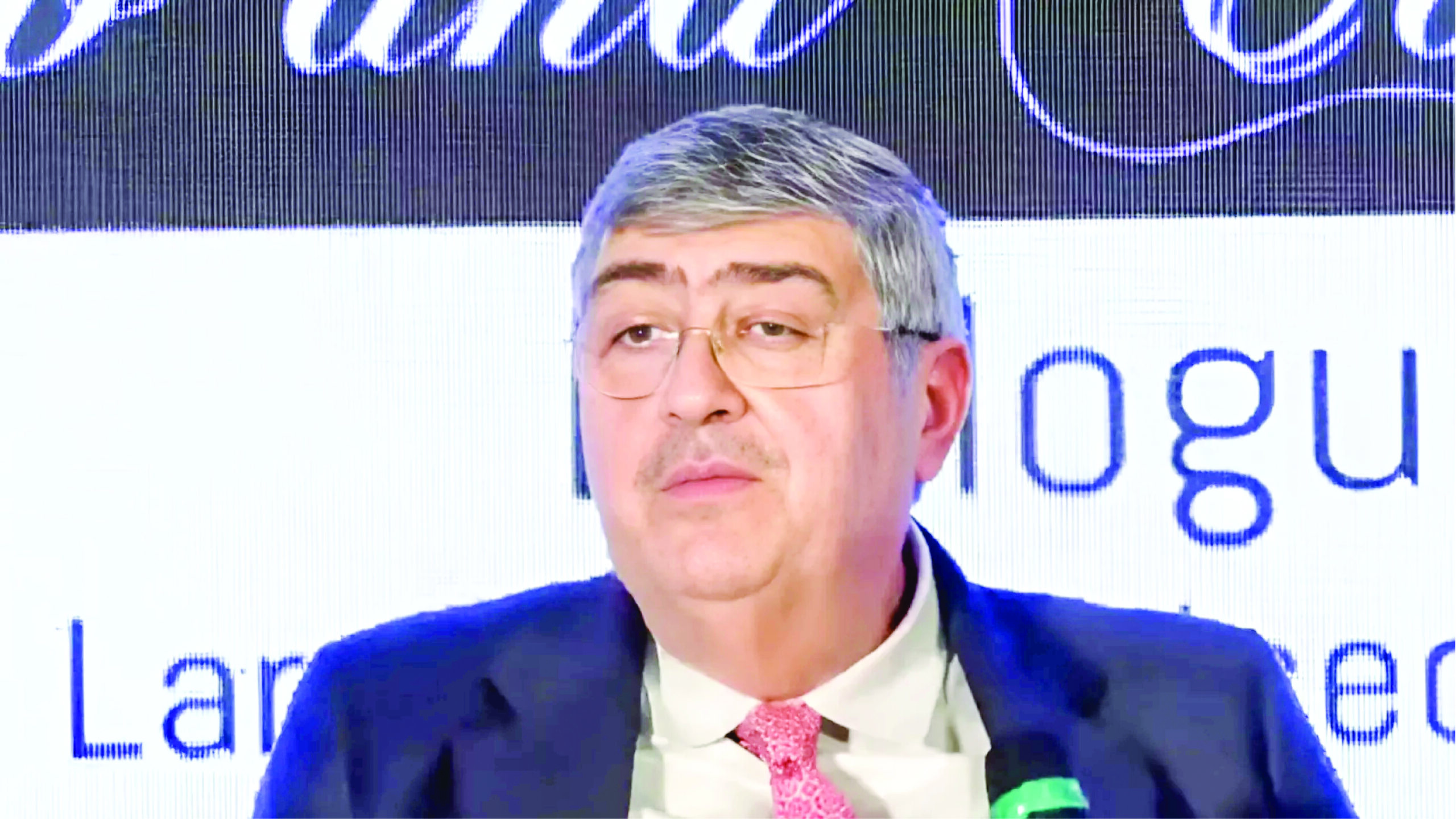Lok Sabha Passed the Constitutional Amendment Bill 2021. This is the 127th amendment Bill of the Constitution of India. The Bill allowed the State Government to recognize and describe the Socially and Economically Backward Classes. It means that State Government will have the power to describe who is socially or economically backward. All the states are different from each other in various ways.
Previously Supreme Court held that States are not authorized to identify socially or Economically Backward people or community. This was the majority judgment in the matter of Maratha quota. The Court further added that the power to identify the socially and Economically Background was with the President of India under Article 342A.
Basically, the Supreme Court judgment was against the Central Government that 102nd Constitutional Amendment did not determine the State power. The Court also dismissed the review petition filed by the Central government seeking the judicial interpretation of 102nd amendment.
The motive of Bill is that to amend the Article 324A of the Indian Constitution and added that for the purpose of Central government; President can specify the socially or Economically Backward groups. The same statement was taken by Attorney General of India in his arguments.
The arguments also states that Clause (3) will be added to Article 342A which authorizes the States and Union Territories to specify Socially or Economically Backward Classes but that may be differ from central list.
The Proposed clause reads as:
“Notwithstanding anything contained in clauses (1) and (2), every State or Union Territory may, by law, prepare and maintain, for its own purposes, a list of socially and economically backward classes, entries in which may be different from the Central List”.
According to the Central Government this proposal was mandatory to maintain the Federal character of India.
The Objectives and reasons of the Bill are as follows:
There is a need to amend Article 342A, 338B and 366 of the Indian Constitution.
These all amendments are required to clarify the power of States to identify the socially and Economically Backward Classes.
And also to maintain the Federal character of India.
JUDGEMENT
The five judge’s bench (Constitution bench) of the Supreme Court including Justices L Nageswara Rao, Hemant Gupta and S Ravindra Bhat, Ashok Bhushan and S Abdul Nazeer.
The majority of judgment that is 3:2 was delivered by Justices L Nageswara Rao, Hemant Gupta and S Ravindra Bhat. According to them, after the amendment of 102nd only the President have power to specify the socially and Economically Backward Classes only States can make recommendations.
While the judgment by two other judges Justices Ashok Bhushan and S Abdul Nazeer held that the consequences of the amendment was about the Centre power to specify SEBCs for the Central List.
Also, an argument was prepared by the KK Venugopal, Attorney General for India. He argued that amendment will not affect any power of States. It remains the same as earlier. It also permitted to States to identify SEBC’s.
Committee of Parliament and Union Minister also in the opinion the amendments will not have any effect on the power of State.
“Parliamentary Committee, Minister & AG Said 102nd Constitutional Amendment Won’t Affect State’s Power To Identify SEBCs; Supreme Court Hold Otherwise”
The majority judgment of the case also added that with the implementation of Article 338A and 342A in the Constitution, the modification of lists of SEBCs is firstly with the President. If there is any modification then reached to Parliament.
102nd amendment of the Constitution inserted Article 338B that provides any commission or authority for the group of socially and Economically Backward and to be called National Commission For Backward Classes.
According to the Article 342A of the Constitution, President with the advice of governor of States by public notice identify the socially or Economically Backward groups in accordance to that particular State or Union Territory.
The Court held that:
“We are of the view that word ‘Central’ in Article 342A (2) was used for purpose and object. The use of ‘Central’ was only with the intent to limit the list issued by the President to Central services. It is well settled rule of interpretation that no word in a statue or Constitution is used without any purpose.
We, thus hold that Article 342A was brought by Constitution 102nd Amendment to give constitutional status to National Backward Classes Commission and for publication of list by the President of socially and Educationally Backward Classes which was to be Central List for governing employment under Government of India and the organization’s under it”.












